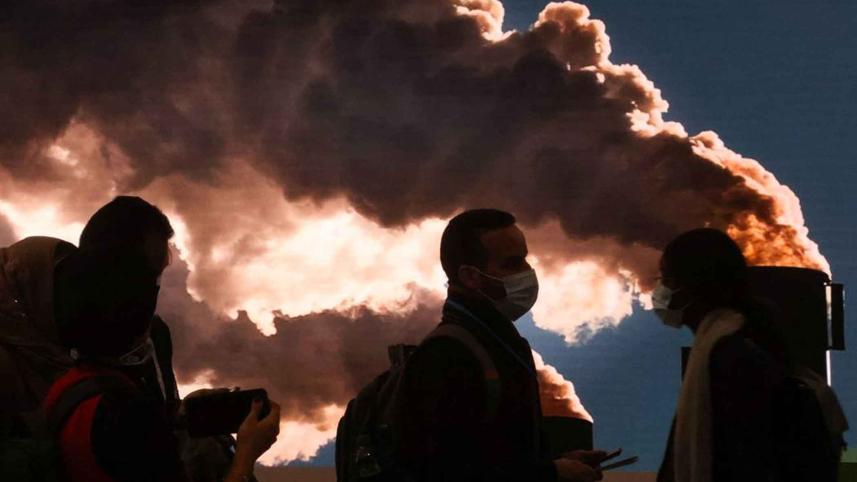Listen to the UN chief’s warning

United Nations Secretary-General Antonio Guterres has rightly called for a global coalition to speed up the deployment of battery technology, and urged countries to ease intellectual property restrictions to hasten the transition from fossil fuels to renewable energy sources. His call comes in light of a report released by the World Meteorological Organization (WMO), which found that four key climate change indicators—greenhouse gas concentrations, sea-level rise, ocean heat and acidification—set new records in 2021. These are some extremely alarming findings. And we concur with the UN secretary-general that the report illustrates "a dismal litany of humanity's failure to tackle climate disruption."
According to the WMO, the last seven years were the warmest on record. Given the current trend, it is only a matter of time before even that record gets shattered. This has prompted the UN secretary-general to outline a five-point plan for the world to get back on track for a renewable energy revolution. Among them is a proposal for investment in the renewable energy sector to be tripled to USD 4 trillion per year, and for renewable energy to be treated as a "global public good," rather than intellectual property to be monetised.
Despite considerable amounts of resources being poured into the shift to renewable energy, solar and wind still account for just eight percent of global electricity generation, while other types of renewables, such as hydropower, bring the total up to 30 percent. In order to increase their share, Guterres called on countries, manufacturers, technology firms and financiers to join forces to fast-track the deployment of batteries, removing red tapes and intellectual property constraints. Since the issue of climate change concerns everyone, there is no reason why advanced countries and companies shouldn't look to involve all stakeholders. In fact, they should be looking forward to sharing these technologies with others so that newer breakthroughs can be made, and the world can adopt them on a larger scale before temperatures rise beyond our control.
While most governments—particularly in developed countries that are most responsible for global carbon emissions—have not lived up to their own promises as per various international agreements, the ongoing effects of climate change continue to show why this issue is among the most important when it comes to the long-term survival of human civilisation. Therefore, the latest warning from the UN chief should not only be taken seriously by governments around the world, but also by the private sector, whose involvement in this project might be just as vital.



 For all latest news, follow The Daily Star's Google News channel.
For all latest news, follow The Daily Star's Google News channel.
Comments